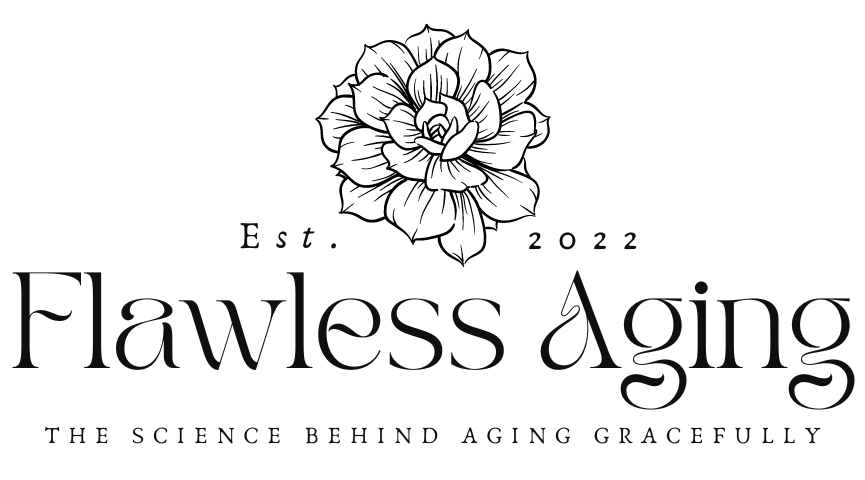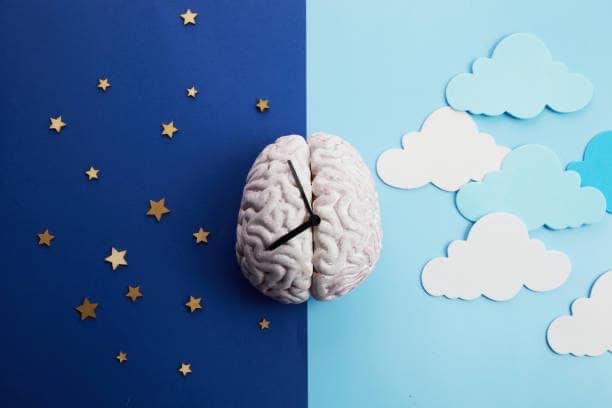Aging causes hormones to weaken over time, which can cause health issues. While melatonin is known as the sleep hormone, it is also responsible for the upkeep of our brain, immune systems, and many other important functions. Melatonin is produced in the brain as a response to darkness. It helps the body maintain a circadian rhythm, synchronizing the sleep/wake cycle in a 24-hour period. While this amazing hormone is designed to regulate and maintain a healthy sleep pattern, recent studies have proven how valuable this hormone is at protecting the body in other ways.
Breaking Down the Science of Melatonin
Melatonin works to fight cancer initiation, progression, and metastasis by preventing damage to DNA. In other words, melatonin is also a cell protector. Melatonin acts as a stimulant for changes in the body’s immune system by regulating cellular immunity. As we age, our immune systems weaken. Our bodies become slower to respond to fighting off illnesses which can lead to a decline in the system’s ability to detect and correct cell defects. Melatonin enhances the antioxidative process by neutralizing free radicals, breaking the chain reaction that of negatively affecting other cells in the body.
Increase Melatonin Production
Other studies have shown that a healthy melatonin production can prevent diabetes and inhibit the hunger. Bottom line, melatonin is powerful hormone! There are ways to maintain and increase melatonin production as you age.
Lights off at night
Light can disrupt melatonin production, but turning lights off an hour or so before bedtime is an effective way to help aid in the production of melatonin.
Limit screen time before bed
Research has shown that blue light from devices (cell phones, TV, computers) negatively impacts melatonin production worse. If you must be on your device or watching TV, wear blue light glasses to help counteract the light.
Cut back on caffeine and coffee
If you struggle with sleeping, try limiting your caffeine consumption at night. If you must have the cup of coffee or the soda, try opting for decaf or caffeine-free. I love a good cup of warm tea in the evening. My favorite is Pukka Organic Night Time Tea. Add a teaspoon of honey for a sweet flavor… your body will thank you!
Take some time to be in the sunshine
Sunshine helps our bodies produce serotonin which converts to melatonin. But for the this to happen, the eyes must be exposed to darkness. So aim for sunshine in the day and lights off at night!
Choose the right foods
Milk, eggs, cherries, and fish are just a few of the foods that contain high levels of melatonin. Avoid sugar and starches before getting some shut-eye as these can cause blood sugar spikes. Spiked blood sugar levels lead to a crash that in turn raises cortisol levels, wakening the body from sleep.
Reduce stress and increase rest
Stress has negative impacts on our sleep cycle. Stress throws our hormones off balance and disrupts melatonin production. Increasing rest and relaxation can help reduce cortisol levels, balancing out hormones. Ways to increase rest and relaxation include praying, journaling, deep breathing, mediative movement (yoga), and meditation.
Take a melatonin supplement
If you’re having trouble sleeping, jet-lagged, or anxious, try a supplement. I personally take one when I’ve had an eventful day and know that I’m going to struggle to get some sleep. My personal favorite and a brand I trust and highly recommend is Natural Factors. I take 10 mg, but if you’re new to melatonin supplements, opt for a 3 mg or 5 mg to start. Be sure and consult your physician before starting!
Be Proactive with Your Health
This small but mighty hormone is responsible for many necessary components of aging gracefully. Treat your body like the temple that it is, with respect and care! Incorporate these practices into your daily routine and watch your body perform its best.
Remember, sleep is important for the rest of the body and skin. When lack of sleep occurs, the body is unable to function properly. Practice these techniques to keep your mind and body aging well. For more information on maintaining a youthful appearance with age, read “All Things Skin.”





